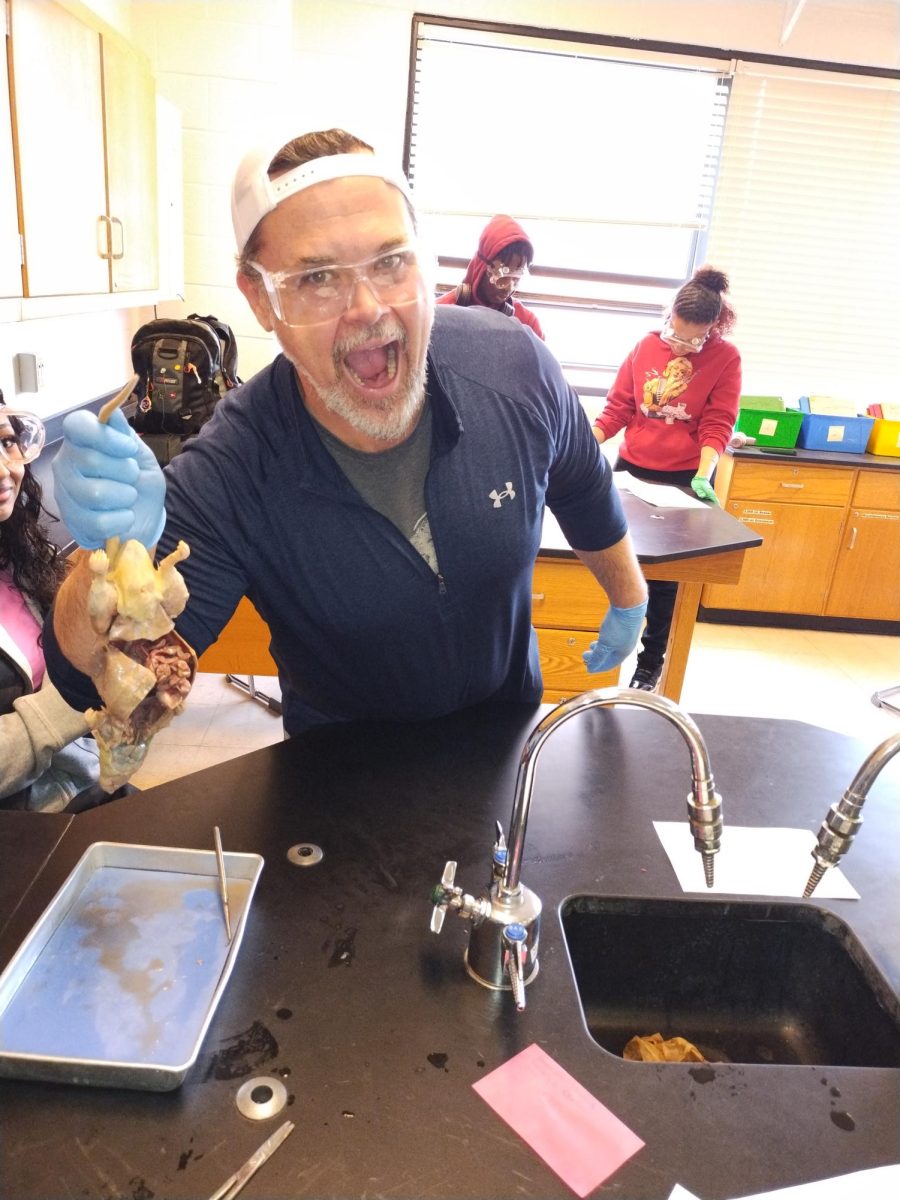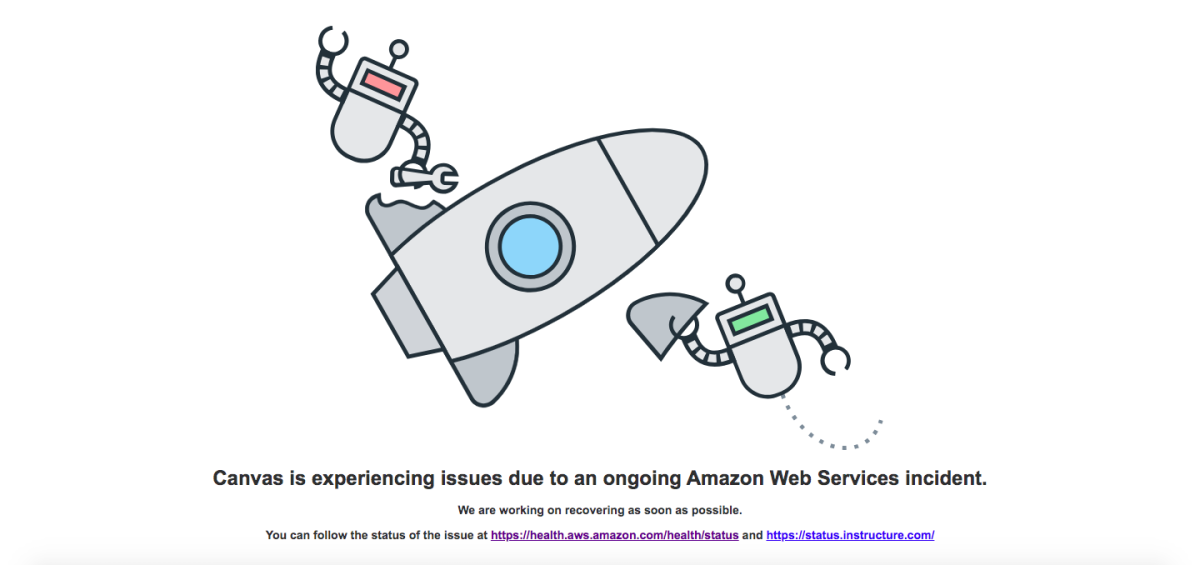Science teacher Charles Miller is heading to Yellowstone National Park this month to participate in a mission-driven fellowship. The fellowship is being conducted by Ecology Project International (EPI), an international nonprofit dedicated to developing an education partnership between local experts and youth to address conservation issues.
“I have a real passion for the outdoors and was searching for alternative development from other teachers,” Miller said.
EPI aims to inspire the youth with nature and empower them with science. During the fellowship, Miller will work alongside other teachers to complete population studies of the various mammal wildlife within the park, including wolves, bison, and more.
Miller chose this fellowship because he could view wolves in the wild. He has relevant experience doing fellowship work. He said, “I’ve been doing this since I was a kid… probably ten, mostly on turtles, snakes, and alligators.” He has also done field biology work on sea turtles.
To prepare for his trip, Miller bought equipment to keep himself warm, as his biggest concern about this fellowship was the cold weather in Yellowstone.
Miller applied for and was accepted for the fellowship last year but could not attend, so he applied again this year and was accepted. The application process was time-consuming and involved a series of short essay questions asking how he would use this experience in his class.
EPI offers multiple opportunities for teachers and students to do fellowships worldwide. These opportunities range from Yellowstone to Baja to Costa Rica.
They aim to inspire youth with nature and empower them with science, fostering tomorrow’s leaders. “We envision a diverse movement building communities that cherish and restore the ecosystems that sustain them,” according to Ecology Project’s website.
There are classroom workshops, fellowships, and many different types of travel expositions for teachers, students, or individuals to take part in.
“The earth’s natural systems and climate are degrading …Youth are undervalued as an asset in the pursuit of systematic change, but they’re essential as leaders in climate and community action. They hold the keys to the future,” according to Ecology Project’s website.




















